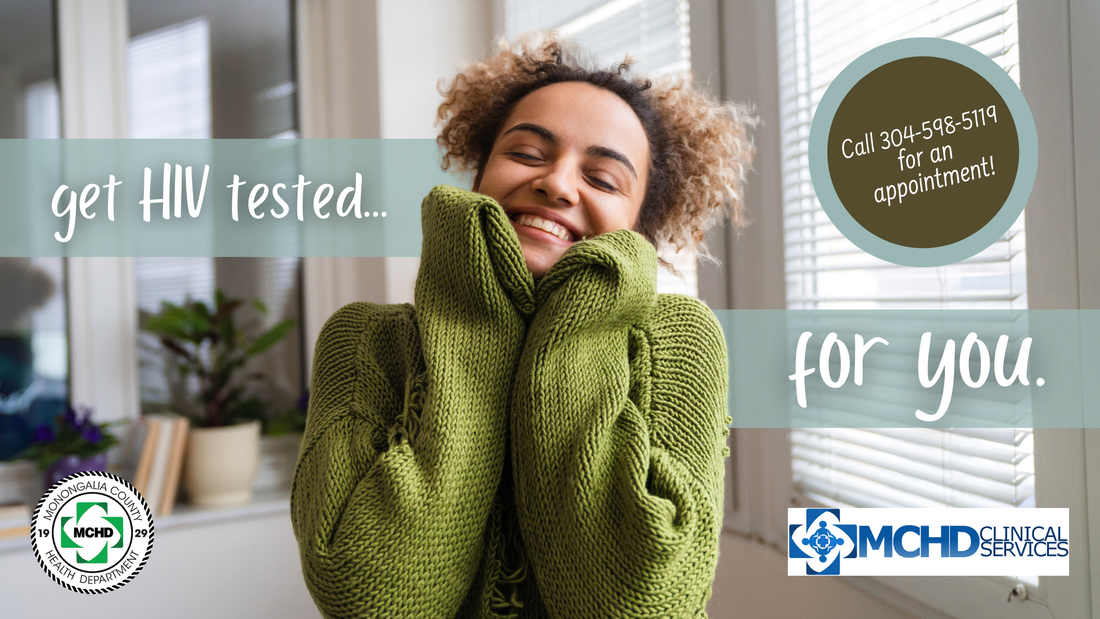Taking an HIV test is taking care of you

Jun. 22, 2022
By Katie Minor
Ever taken a day off of work to enjoy the nice weather or blown off plans with friends to stay home and have a glass of wine? You’re not being antisocial — you’re practicing self-care.
But self-care doesn’t just mean bubble baths and face masks. The World Health Organization defines self-care as “the ability of individuals, families and communities to promote health, prevent disease, maintain health and to cope with illness and disability with or without the support of a health-care provider.”
HIV testing might not be the first thing that comes to mind when you hear the words “self-care,” but knowing your HIV status can enable you to have a long and healthy life.
June 27 is National HIV Testing Day. HIV is not curable, although these days it is treatable. Left untreated, someone with HIV can develop AIDS. Typically, a person with AIDS who goes untreated has a survival rate of about three years, according to the Centers for Disease Control and Prevention.
Launched in 1995 by the United States Department of Health & Human Services, National HIV Testing Day was created to encourage people to get tested for HIV, to be familiar with their status and, if necessary, to link them to treatment. This year’s NHTD theme is “HIV Testing is Self-Care.”
So, what is HIV, or human immunodeficiency virus? It’s a virus spread through certain body fluids — including blood, semen and breast milk — that attacks the body’s immune system, specifically the CD4 cells, known as T cells. Over time, HIV can destroy so many of these cells that the body can’t fight off infections and diseases. Once these opportunistic illnesses develop, the person is considered to have AIDS, or Acquired Immune Deficiency Syndrome.
The CDC recommends that everyone between the ages of 13 and 64 should be tested for HIV at least once as part of routine health care. One in seven people with HIV do not know that they have it.
Those with certain risk factors should get tested more often. For example, people with more than one sex partner, people with other STDs, gay and bisexual men and people who inject drugs are at a higher risk and should get tested at least once a year.
MCHD Clinical Services makes getting tested very easy. Testing for HIV and for all STDs is free. Treatment for STDs such as chlamydia and gonorrhea is free as well. People who get a positive HIV result are referred for treatment. You can make an appointment by calling 304-598-5119.
Knowing that you are HIV-free will take a load off of your mind and will encourage you to be safe in the future. If you get a different result, then you can begin getting the treatment that will help keep you well.
While it’s important to have regular checkups and talk to your doctor, you are ultimately responsible for your health — which is why self-care is so important.
So take the time and get tested for HIV; your future self will thank you.
Katie Minor is the public information office assistant at Monongalia County Health Department.